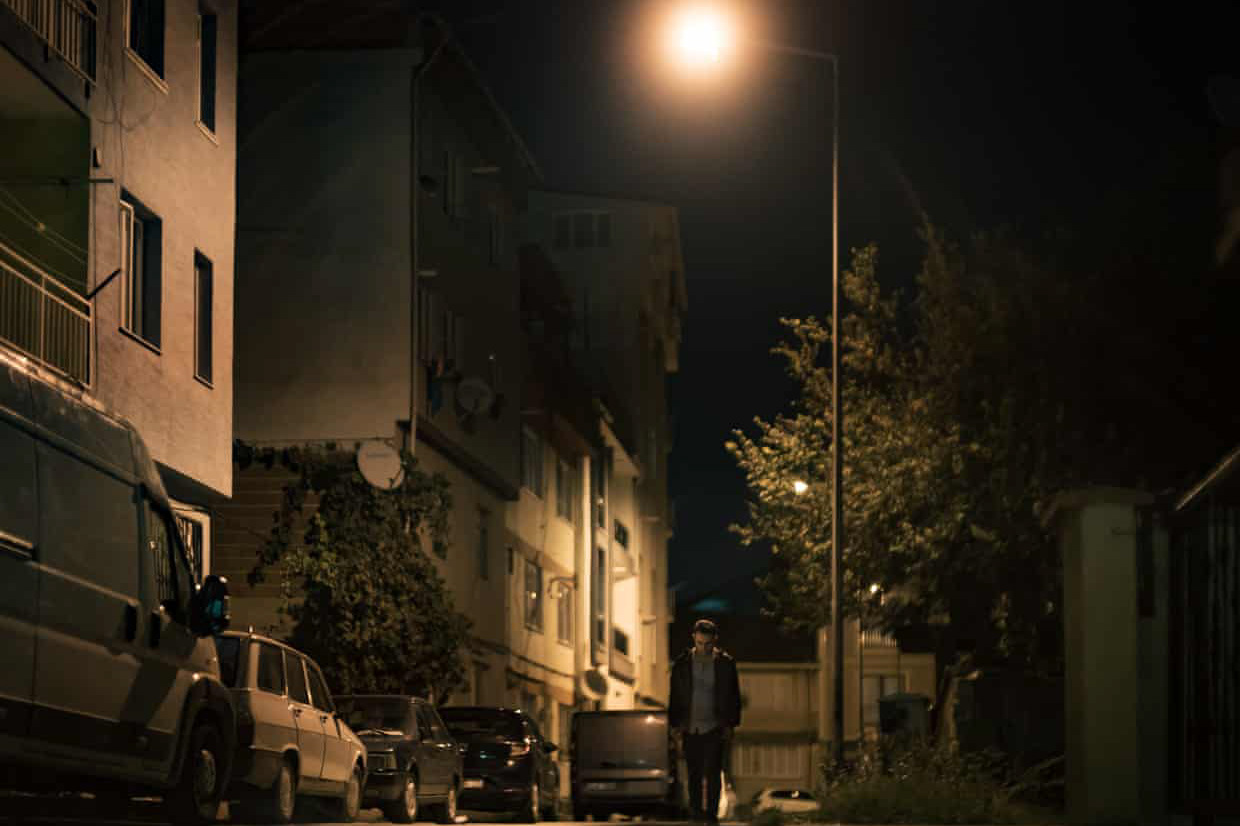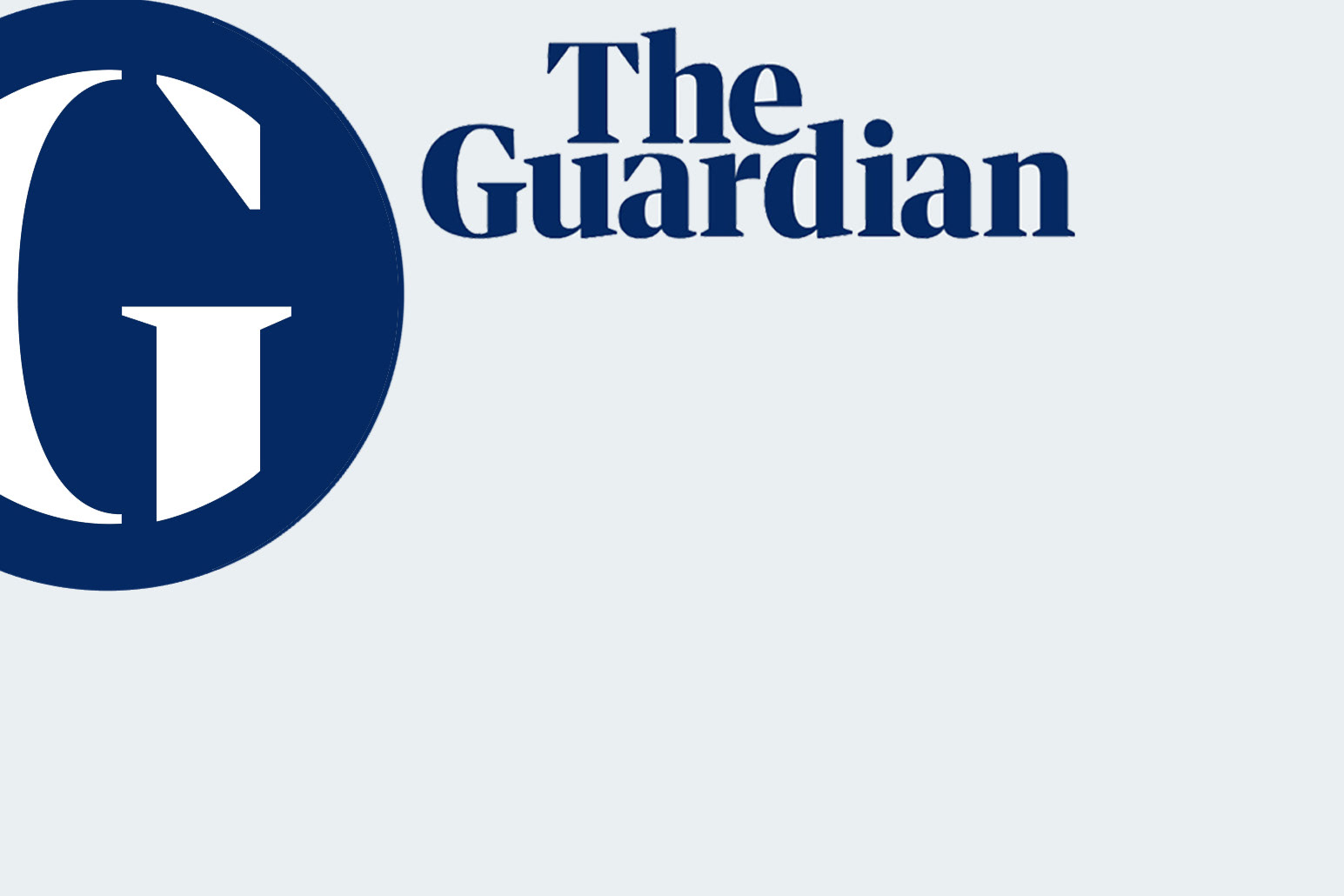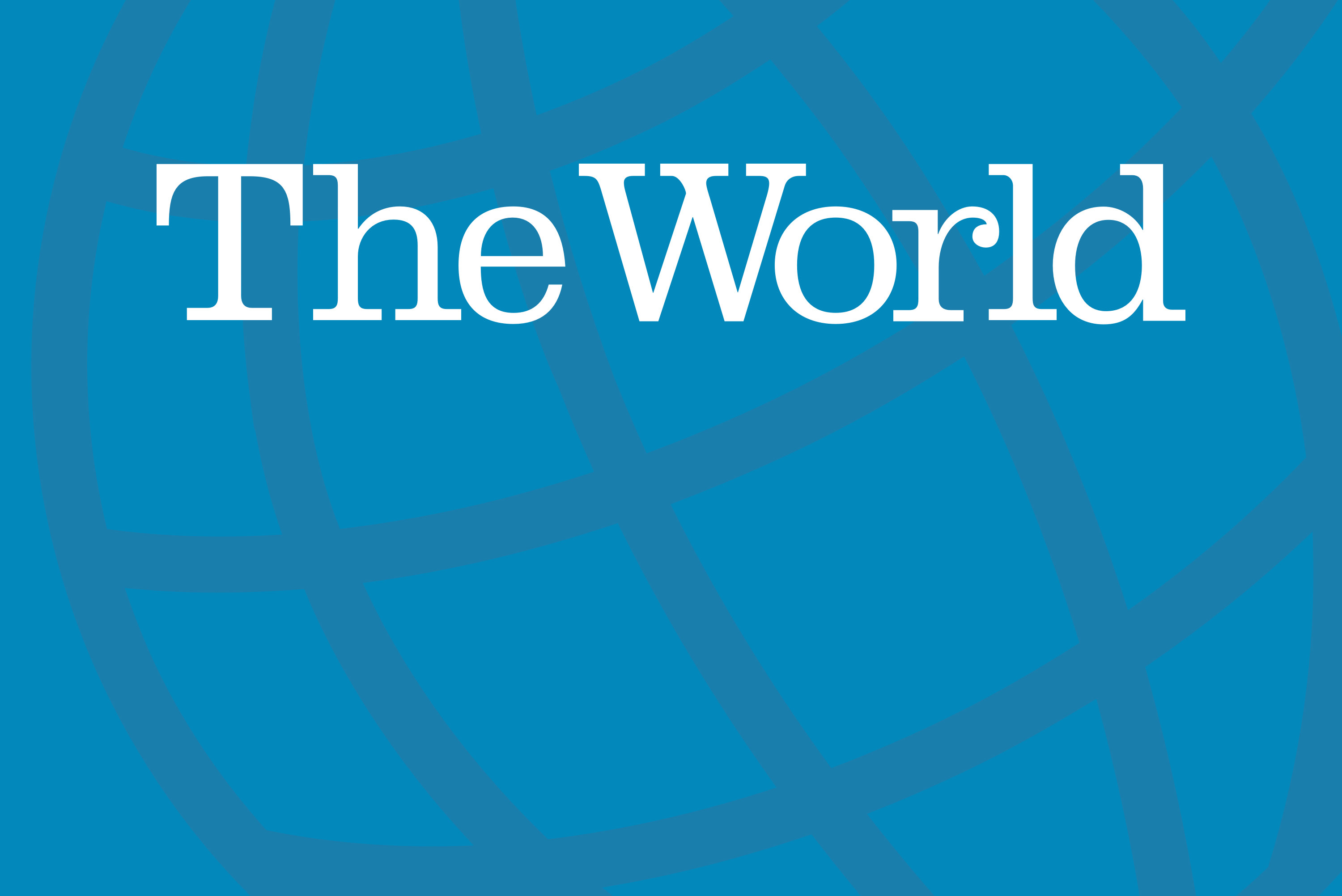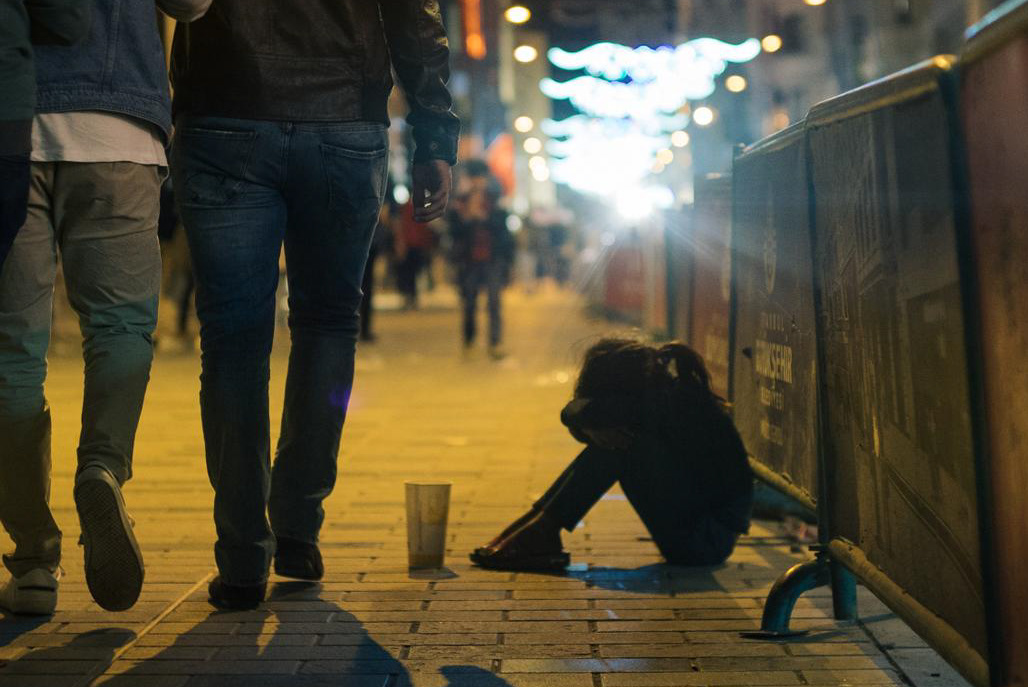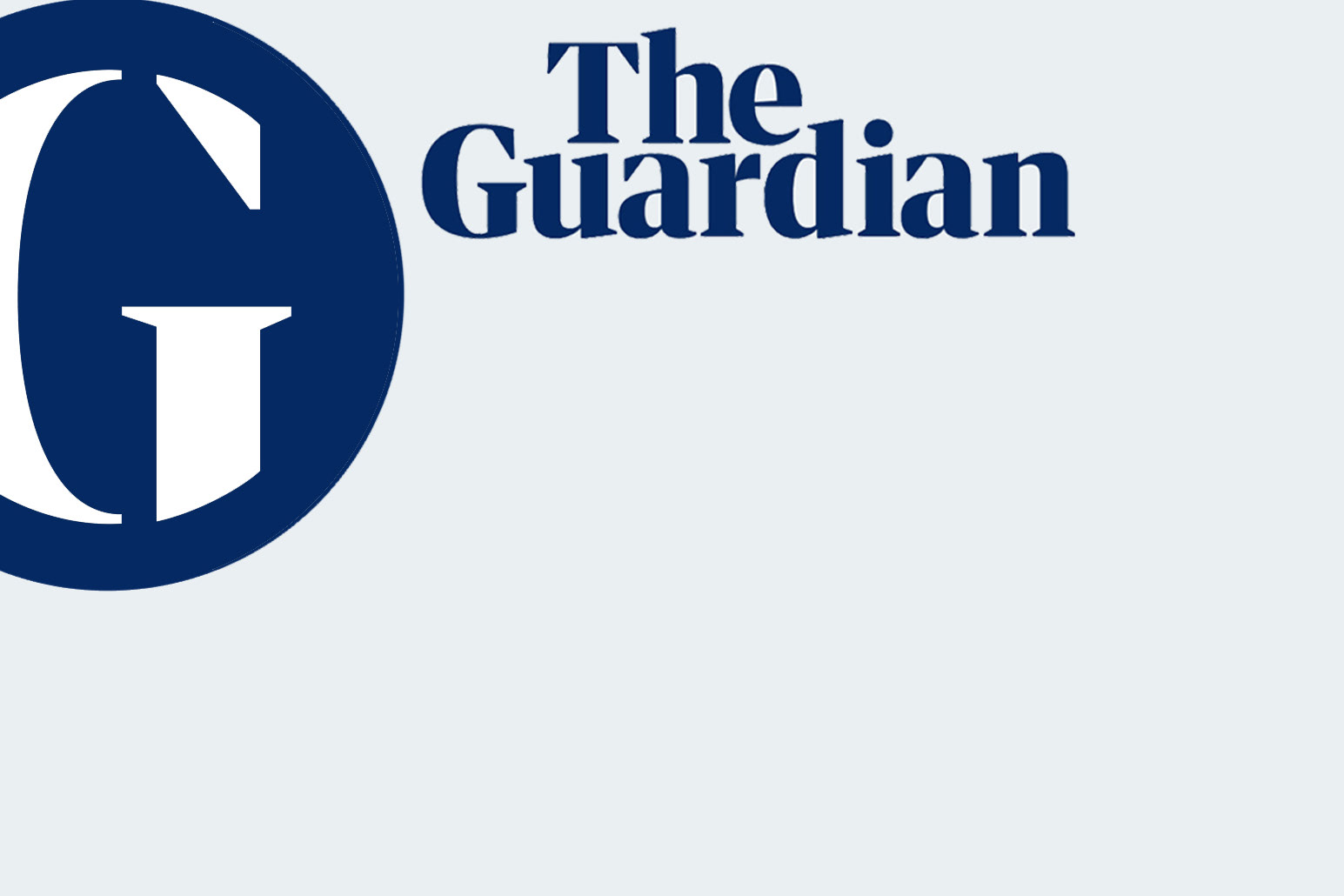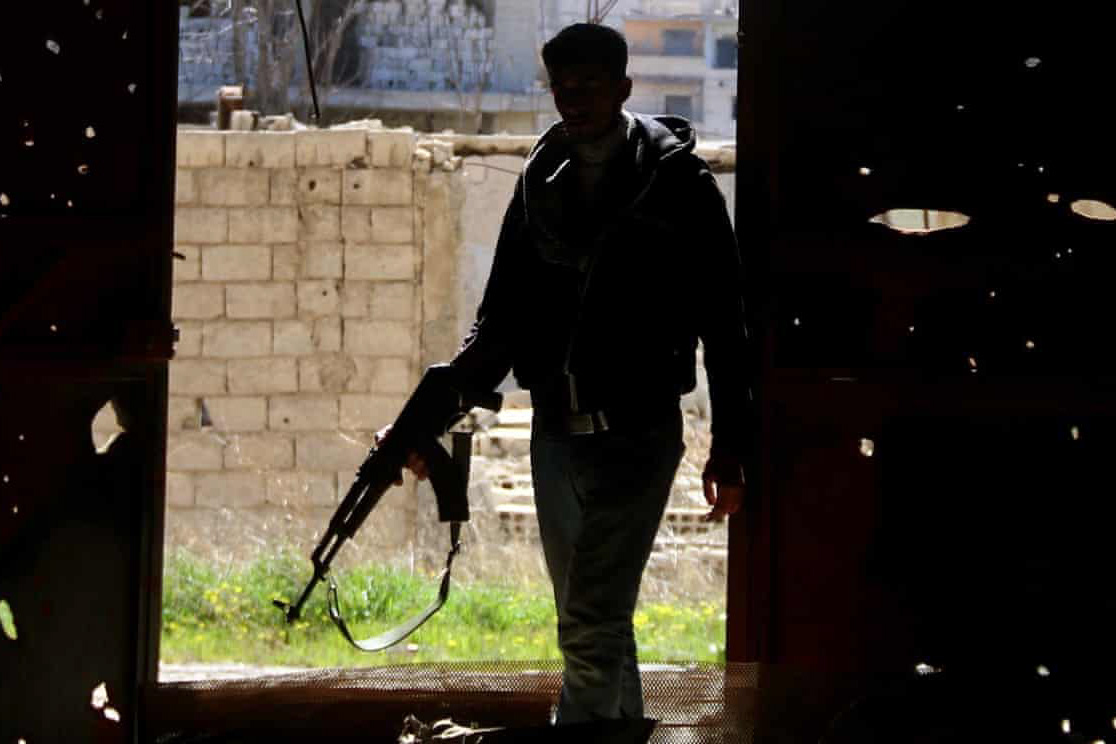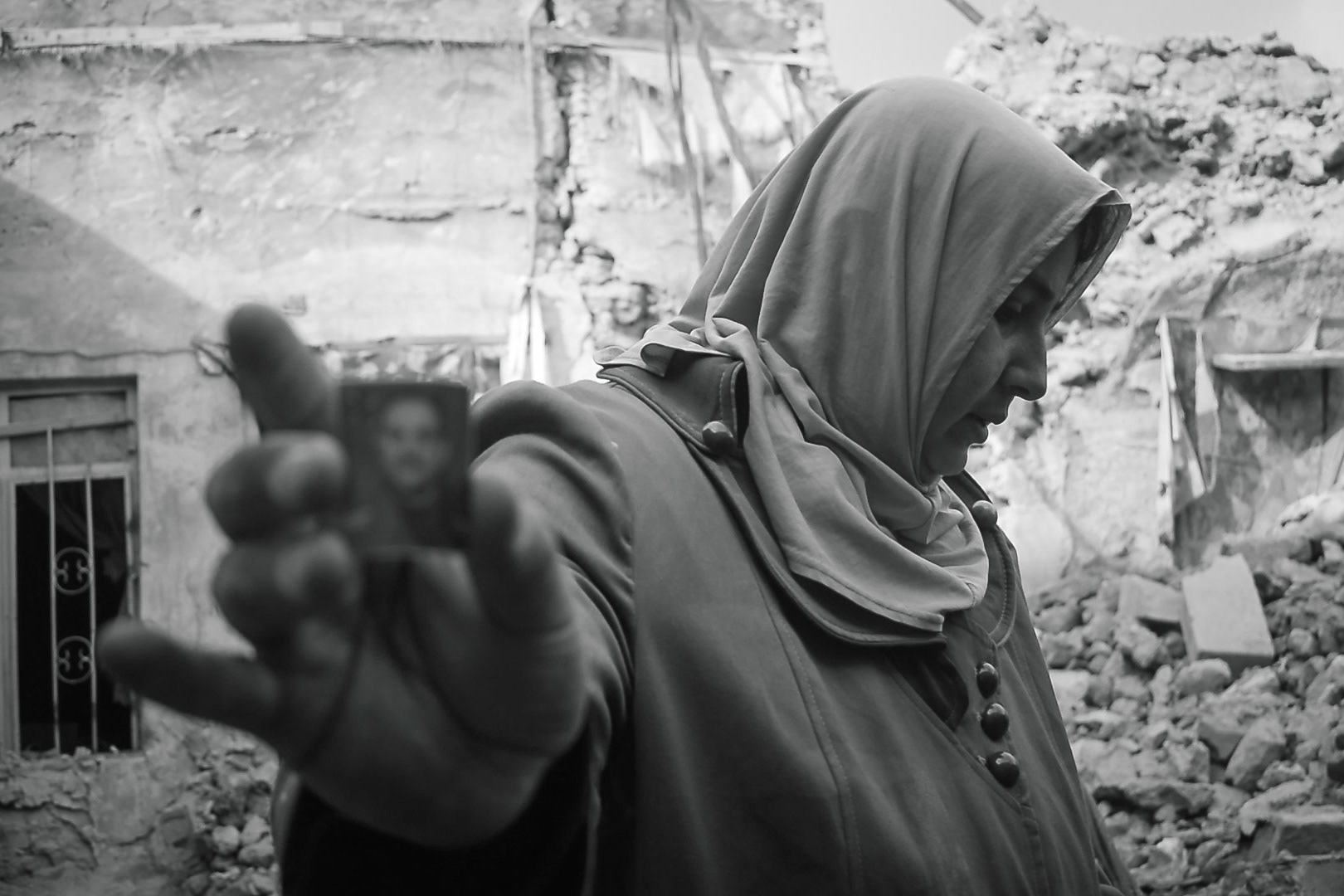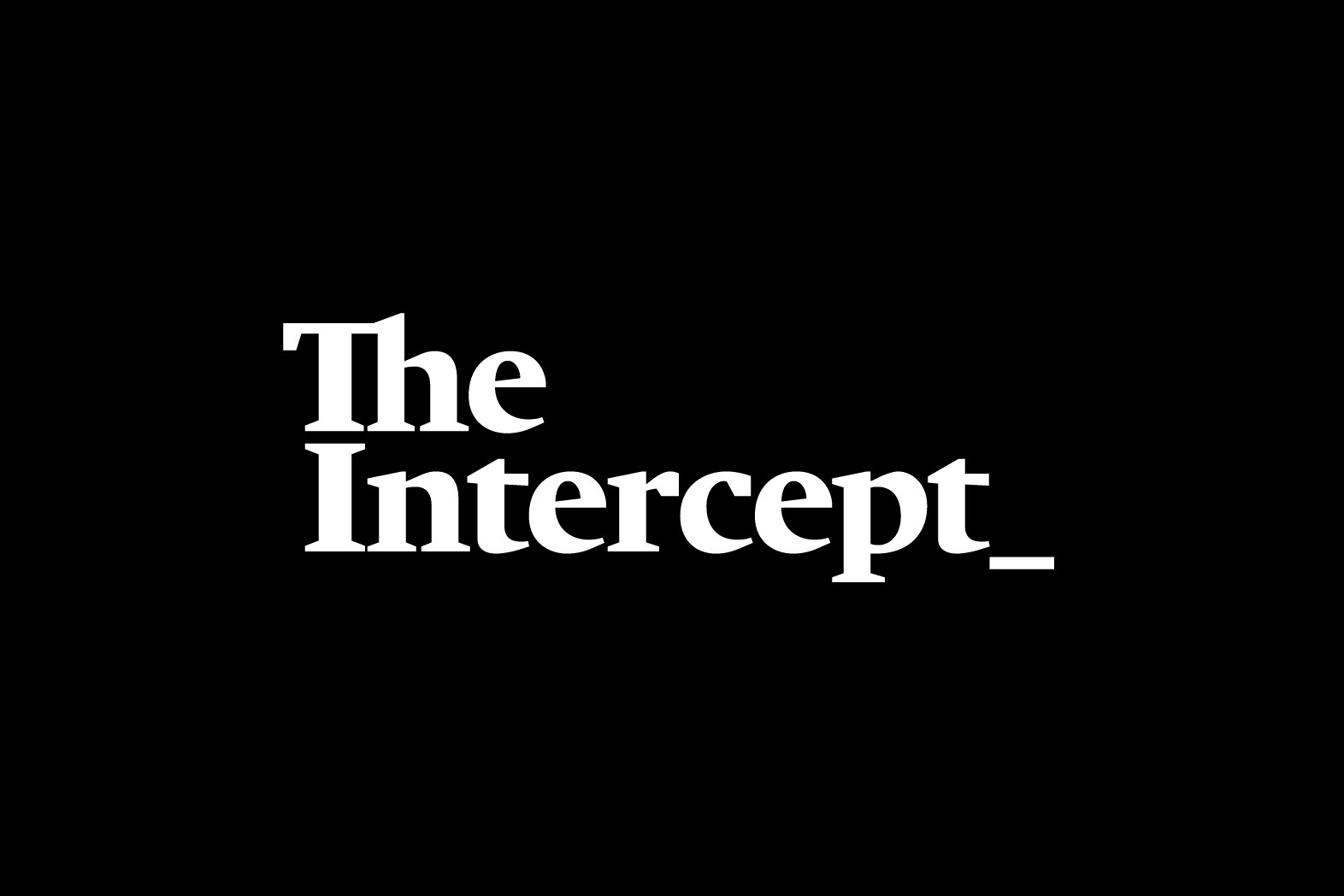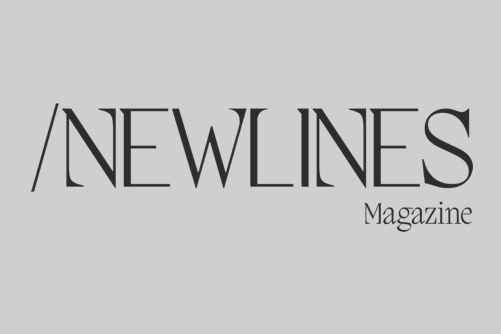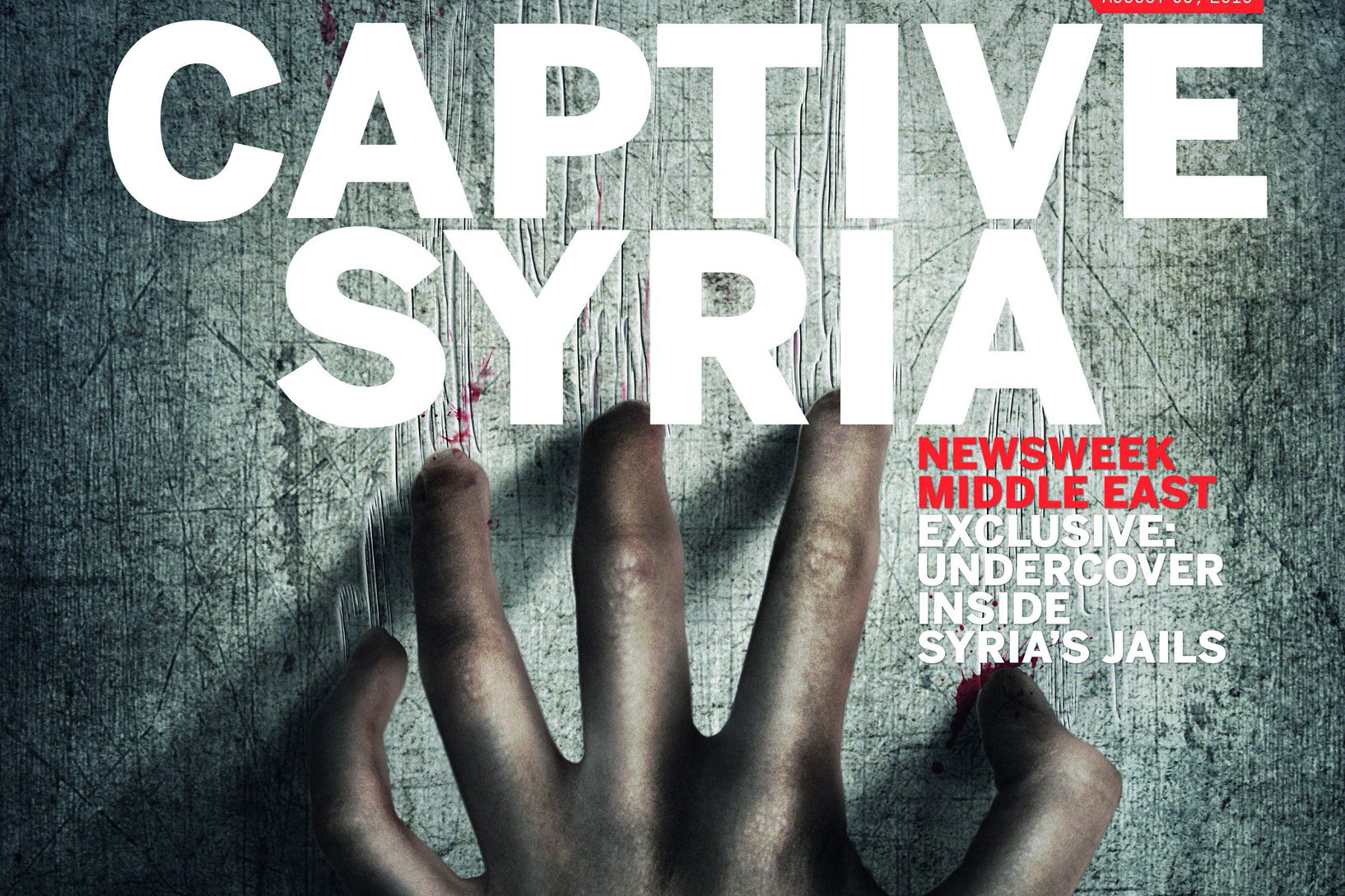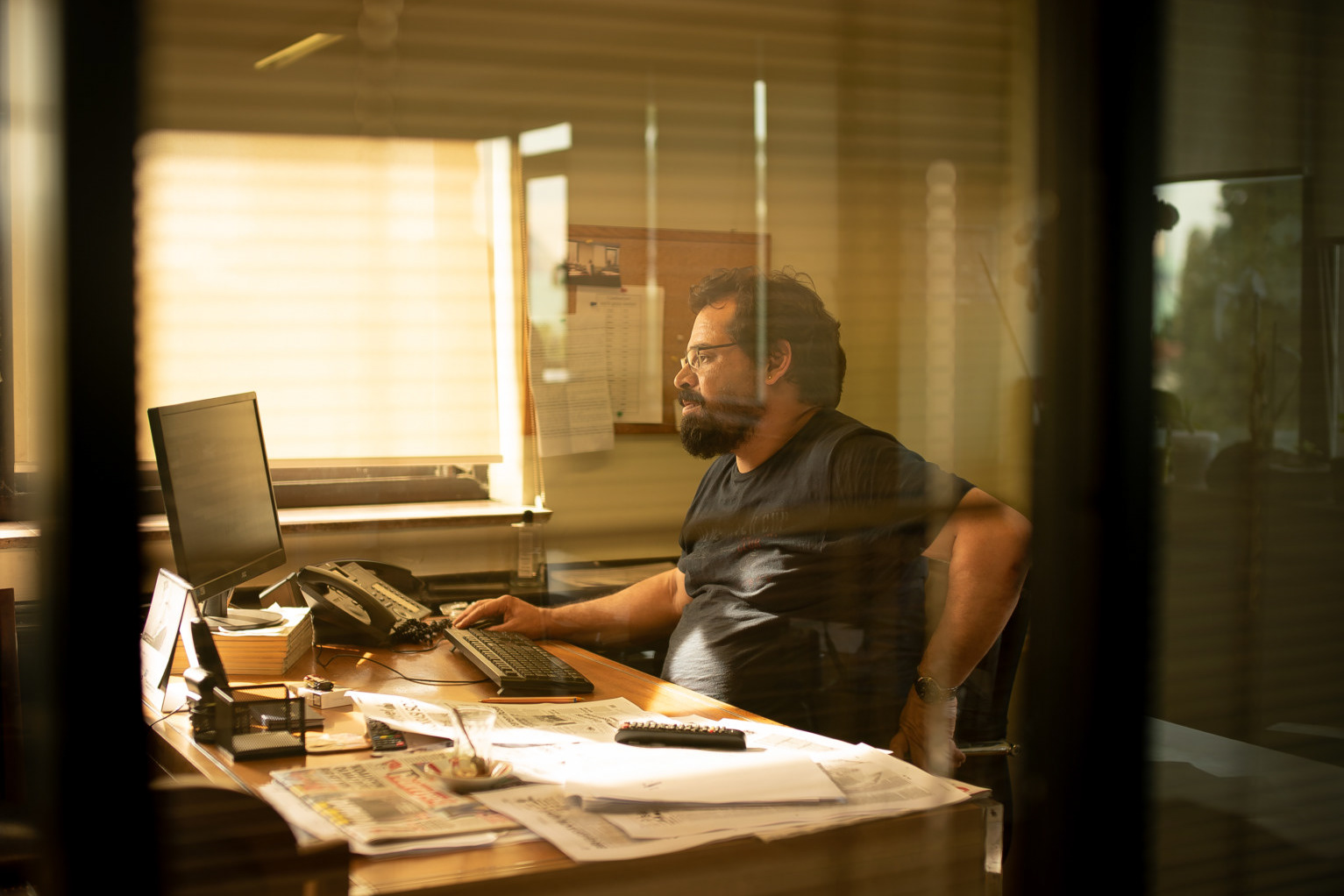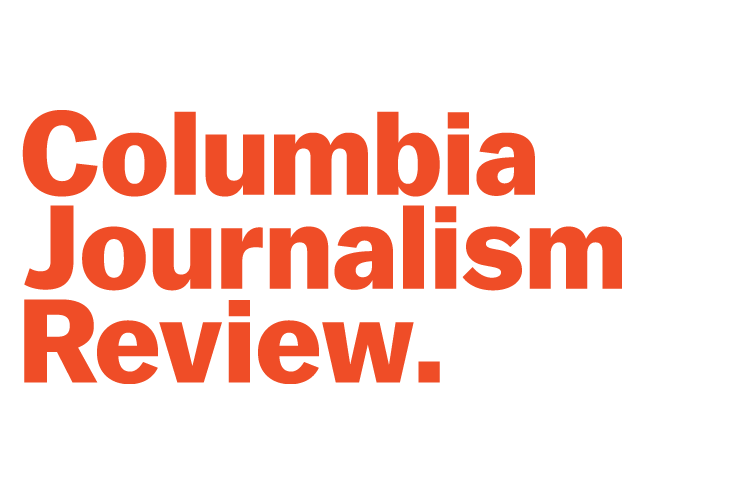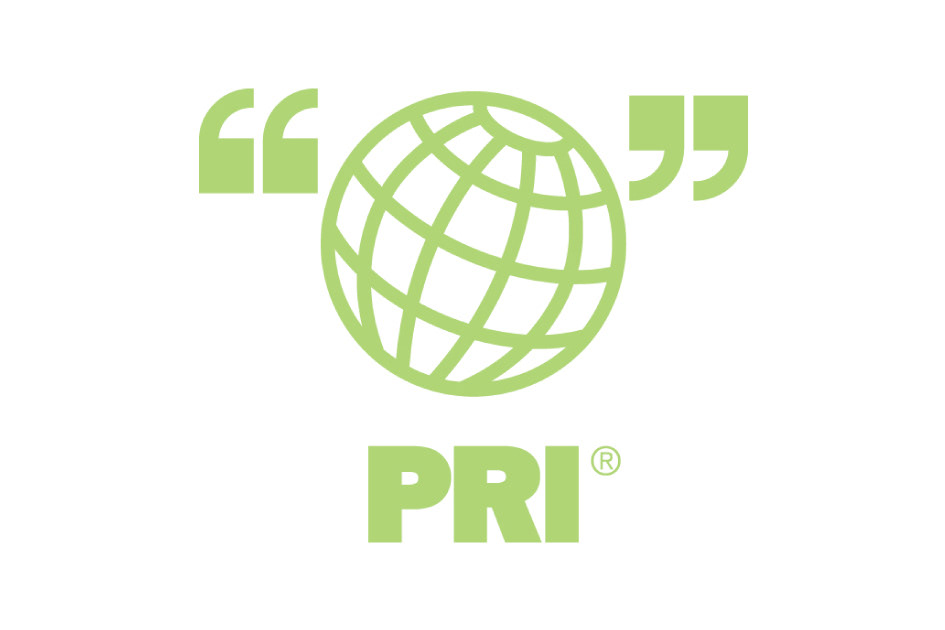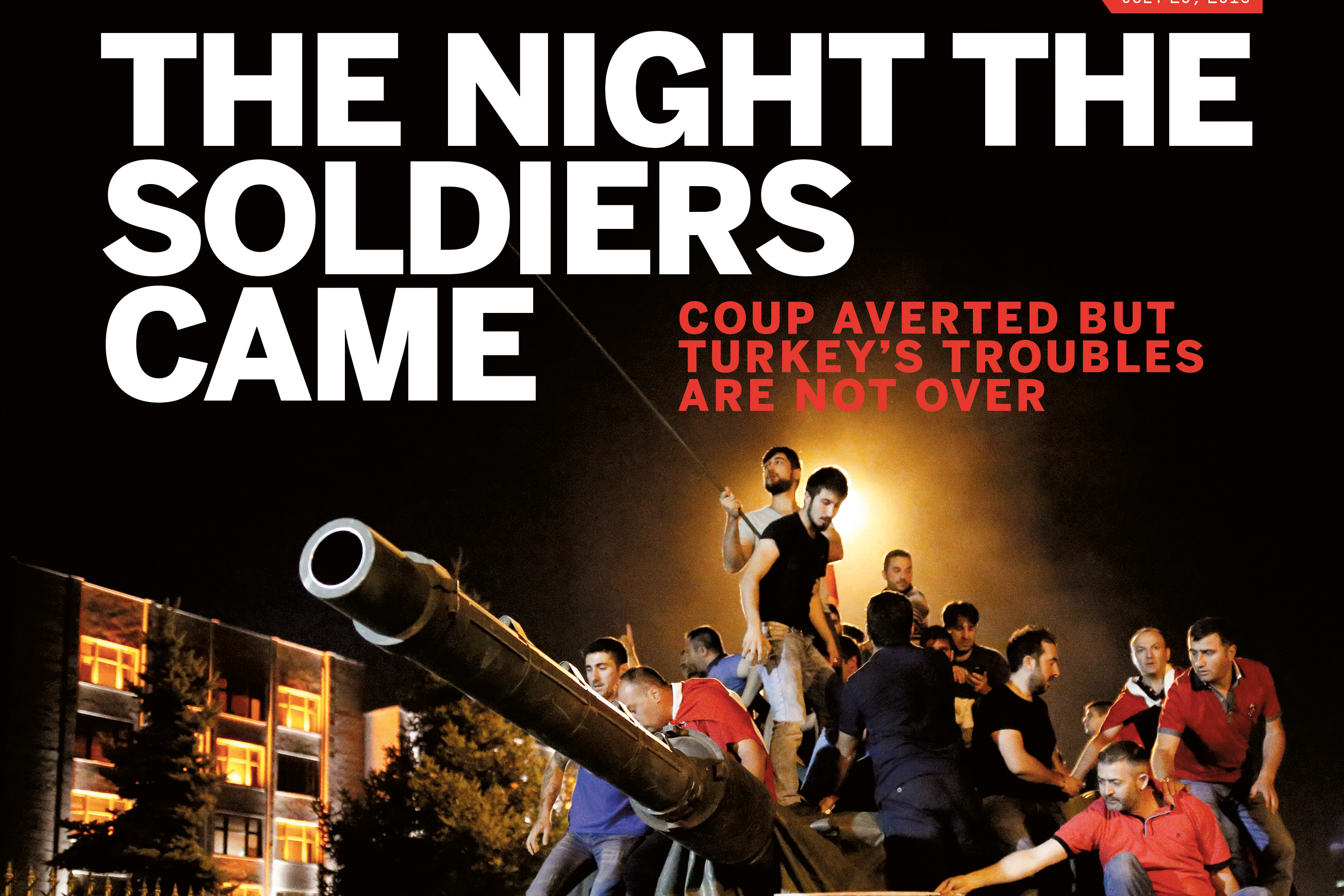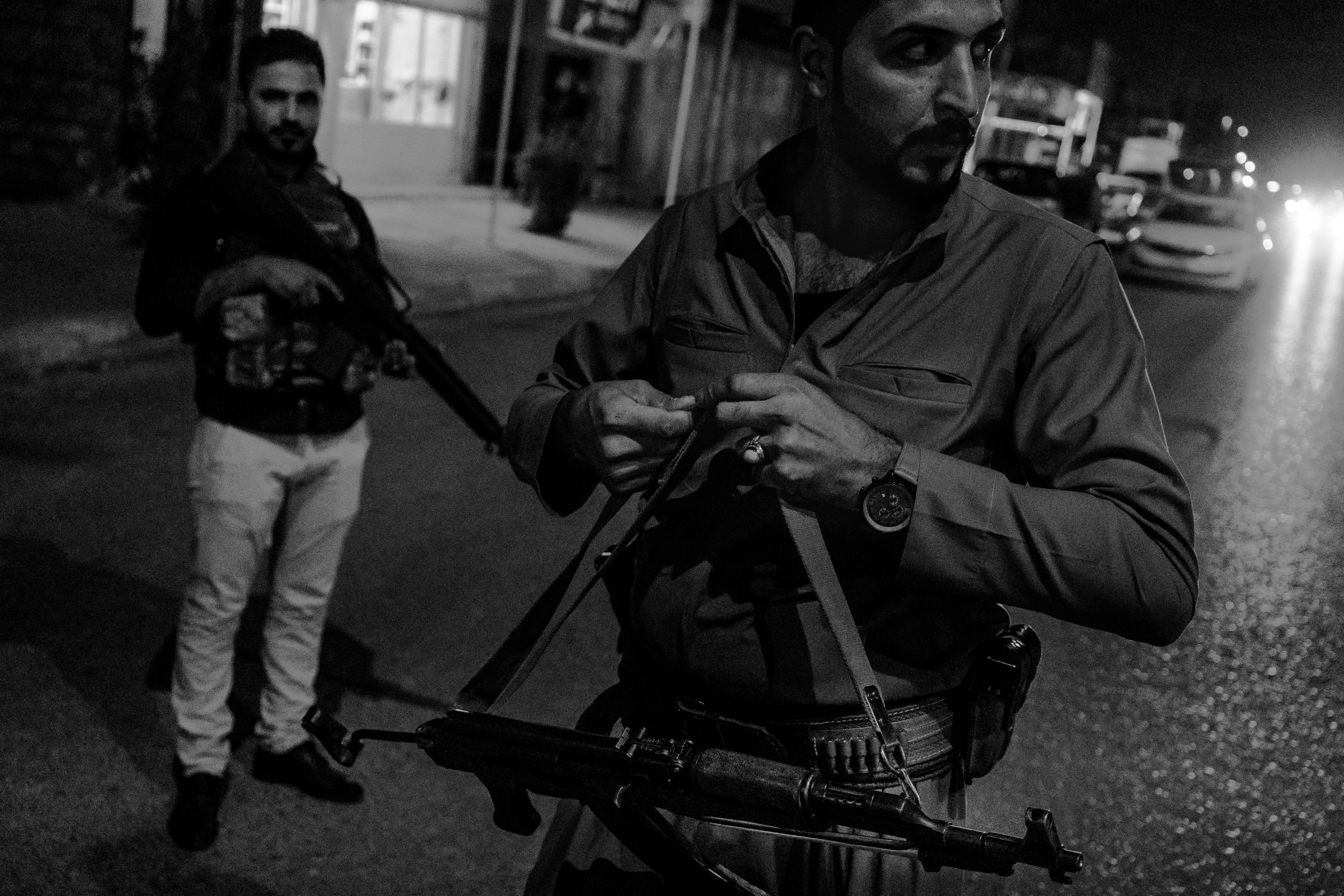New York – Chicago – Detroit – Berlin. History proves bruised cities brood new cultural waves that shape the world forever — immortalizing their names, forever synonymous with Disco, Hip-Hop, House, and Techno.
As war in Ukraine continues every day, the story of its invincible cities is still being written.
A journey through the sound, music, and subcultures of wartime Ukraine, «Pressure Makes Diamonds» documents a generation's fight for freedom – on and off the cultural battlefield.
Compiled from over 400 interviews selected and presented verbatim, it is at once documentary, musicology, and gonzo dérive. Seeking truth in whispers, it consults the wisdom of misfits, musicians, poets, harlots, hippies, artists, and nocturnal philosophers through conversations that dance freely between sublime and mundane. In the process, deep questions emerge about war, survival, trauma, healing, memory, history, and human agency.
A war reporter tired of war and jaded by journalism, the author finds himself among diamonds under pressure, listening and conversing to connect dots as they struggle to survive, thrive, and find safety through community.
As the music plays on, despite the pain of war, tracing a non-linear narrative begins to reveal a multitude of answers to a timeless human struggle: finding and protecting one’s home.
Expected publication: March 2026
Concept
”Pressure Makes Diamonds” is the story of a community — not of an outsider, a foreign visitor, or a typical journalist.
What that means is the words of the community – not the author’s – that tell the story.
It is non-linear documentary told through conversations. These conversations are then selected and presented verbatim, with the participants’ explicit consent.
The author’s voice is present not as a narrator, but rather as a curator — composing a chorus of voices into a symphonic multilogue, rather than a monologue.
And yet, the author is a part of the story, being part of the community.
If the book has any central thesis, it is this:
The truth lies in music, which can be defined as emotions rendered in physical form and shared — and it is these emotions which can bring about unity, division, war, or healing — the choice of which is (for better or worse) to be made by each of us.
Format
First-person descriptions, subjective in their interpretation, are prone to distortion — and are thus foregone.
Therefore, the book consists primarily of conversations between real people.
In total, over 400 interviews were collected over three years.
Selected transcripts from these conversations are presented exactly as they took place.
However, the contents of the book are far from random – by following the resonance between seemingly-distant people and phenomena, traces of truth begin to emerge in the commonality of human experience.
Chapters
1) a DJ is a storyteller
2) a dancefloor is a sorting algorithm
3) attack, decay, sustain, release
4) reverb, compression, distortion, delay
5) rhythm, tempo, harmony, dissonance
6) the sound of family
7) the science of trust
8) gonzo philosophers
9) a space is a community
10) a community is a genre
11) a genre is a culture
12) culture makes movement
13) movement makes friction
14) friction makes heat
15) heat makes war
16) war makes pressure
17) pressure makes diamonds
18) white noise
19) music is the answer
20) hard cuts
21) smooth transitions
22) closing tracks
2) a dancefloor is a sorting algorithm
3) attack, decay, sustain, release
4) reverb, compression, distortion, delay
5) rhythm, tempo, harmony, dissonance
6) the sound of family
7) the science of trust
8) gonzo philosophers
9) a space is a community
10) a community is a genre
11) a genre is a culture
12) culture makes movement
13) movement makes friction
14) friction makes heat
15) heat makes war
16) war makes pressure
17) pressure makes diamonds
18) white noise
19) music is the answer
20) hard cuts
21) smooth transitions
22) closing tracks
References
Three different aspects of the author’s life form the foundation of inquiry:
As a journalist with over 10 years as a journalist reporting on conflicts in Ukraine, Syria, Iraq, Turkey, Lebanon, Israel, Palestine, and America;
As a civil rights activist in New York City, and;
Prior to both, a musician born into the queer underground music scene.
At the same time, Pressure Makes Diamonds is a journalistic endeavor that owes a debt of inspiration to two important works of oral history: Svetlana Alexievich’s Secondhand Time, a Nobel Prize-winning chronicle of repressed emotions unraveling with the fall of the USSR; and Der Klang Der Familie – a documentary on the rise of Berlin’s Techno scene after the fall of the wall, by German journalists Felix Denk and Sven von Thülen.
Method
As the collector and curator of the story, I am always listening, always communicating, and sometimes recording.
My goal is to capture natural conversations in as relaxed a manner as possible — taking care to align with each participant’s comfort.
Most of these conversations take place in the environment of casual social settings — the traditional format of interviews which are typical in journalistic practice are therefore rare – but occasionally employed, in consideration of each participant’s preference.
This can often be a taxing balancing act: carefully traversing the documentalist’s tightrope between pursuing the gold of unfiltered human truth which most often appears in genuine moments — while attempting not to disrupt or spoil them.
I have therefore devised a method to facilitate the work of this project which allows for the greatest flexibility to allow for participation, while maintaining high ethical standards of informed consent.
I follow a routine of first briefing subjects on the project, seeking enthusiastic and harmonious accord on their participation. We then speak at a time and place which is comfortable for all those involved, and with consideration to the space around us.
Interviews
For those who are interested in participating in the writing of this history, you can choose one of the following options:
• Meet in person to speak synchronously
• Schedule a meeting or call by choosing a time in my calendar
• Converse over messaging apps, via voice notes or text
• Propose an alternative that matches your rhythm and tempo.
• Schedule a meeting or call by choosing a time in my calendar
• Converse over messaging apps, via voice notes or text
• Propose an alternative that matches your rhythm and tempo.
Transparency
I always strive to obtain clear and explicit consent from the people I’m speaking to begin an interview and start recording. I never practice secret or “undercover” reporting methods.
I give every participant in my book the opportunity to review and confirm their voluntary participation in my book. Such considerations are normally forbidden in traditional journalistic practice, since our ethics require the same standards be applied in all situations — imagine if a politician were given the right to review his quotes before publication.
However, since I’m not interviewing politicians, and this is my book, I alone make these decisions – not my editors or publishers – and I choose to grant this right out of respect and deference to people living through war who make this book possible.
Following any recorded conversation that I intend to consider for inclusion in the book, I keep records of the person’s contact information, so that I may follow up to later confirm their willingness to participate.
I also ask every participant how they wish to be named in the book — typically included as part of the recorded conversation, for documented reference — offering the option to be quoted using:
• full name,
• first name,
• a pseudonym.
• first name,
• a pseudonym.
Above all, I strive to respect the time, wishes, safety and privacy of all those I speak to for my book (and otherwise). I have developed this method and am sharing it for the sake of transparency.
My special thanks go to the Security Team and Press Team of ∄, who have patiently abided my persistent attempts communicate with the history-making artists, guests, and staff whose rhythm and tempo all hold my highest respect.
